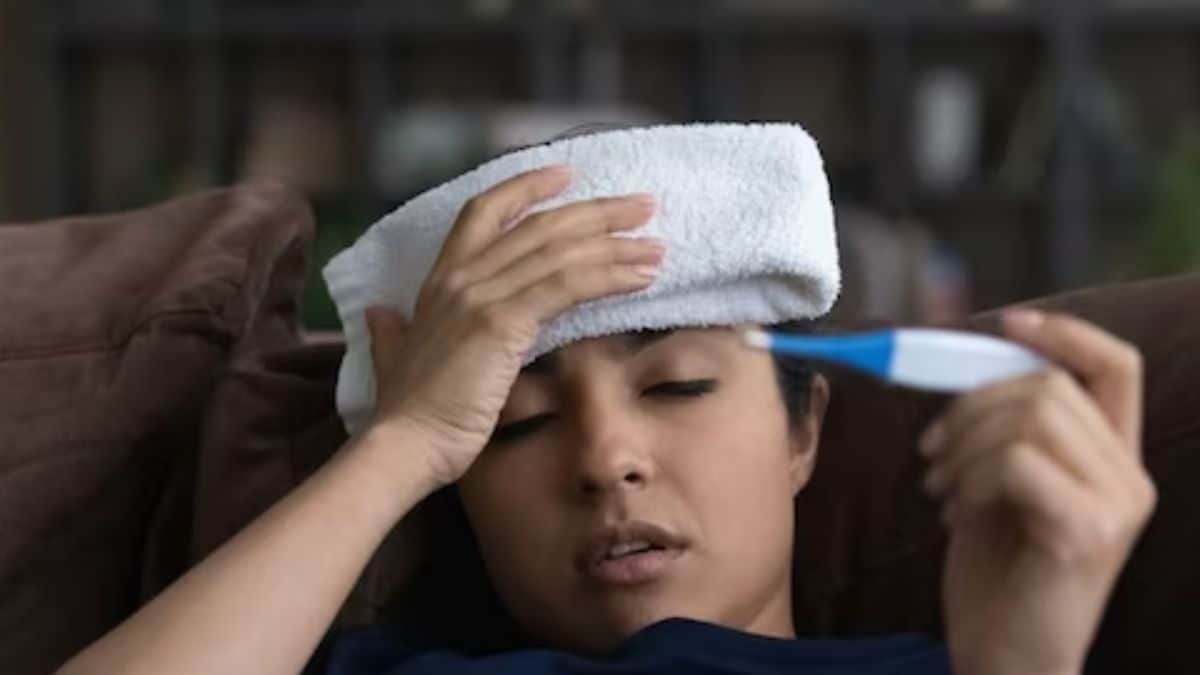Patients with dengue may have severe joint pain, bleeding gums, high fever, and vomiting.
Dengue is a viral infection that is transmitted from a mosquito to a person and is common in tropical and subtropical climates.
Reports of dengue cases have increased drastically around the world in recent times. The World Health Organization (WHO) has reported an increase from about 5 lakh cases in the year 2000 to 52 lakh cases in 2019. Most cases are asymptomatic or mild and self-controlled, so it is possible that actual figures are not reported. One of the most common symptoms of dengue is fever. But how do we distinguish between normal fever and dengue fever?
Dengue (bone-breaking fever) is a viral infection that is transmitted from a mosquito to a person. It is common in tropical and subtropical climates. For those who do not develop symptoms, it is a high fever accompanied by headache, body aches, nausea and rash. Some begin to recover within 1 to 2 weeks, while others who show severe symptoms need more care in a hospital.
During dengue, some symptoms are different and serious. A patient with dengue may have symptoms of severe pain in the joints and muscles, pain behind the eyes, bleeding from the nose and gums, easy bruising, red spots, or itching on the body. Dengue can be confirmed if the platelet count is low during the blood test.
Sometimes, once the fever goes away, you can have much more serious symptoms, such as extreme abdominal pain, persistent vomiting, rapid breathing, fatigue, restlessness, blood in vomit or stool, very thirsty, pale, cold skin, and feeling sick. weakness. On the other hand, when you have a normal fever, it can be treated with antibiotics and disappears in one or two days.
If dengue-like symptoms are observed, especially in children, medical care should not be delayed as it can be life-threatening. Early detection and treatment can lead to a faster recovery. Continue to monitor your child's body temperature and avoid dehydration. Advise them to drink water, fluids, electrolyte-rich drinks, water and freshly made fruit juices.
Dengue is transmitted by mosquitoes, so make sure there is no breeding ground for mosquitoes in or around your home. This can help prevent the spread of disease. Also, during the monsoon season, make sure your child stays indoors. You can use mosquito nets, mosquito nets and repellents to keep them away and protect you and your family from dengue.












